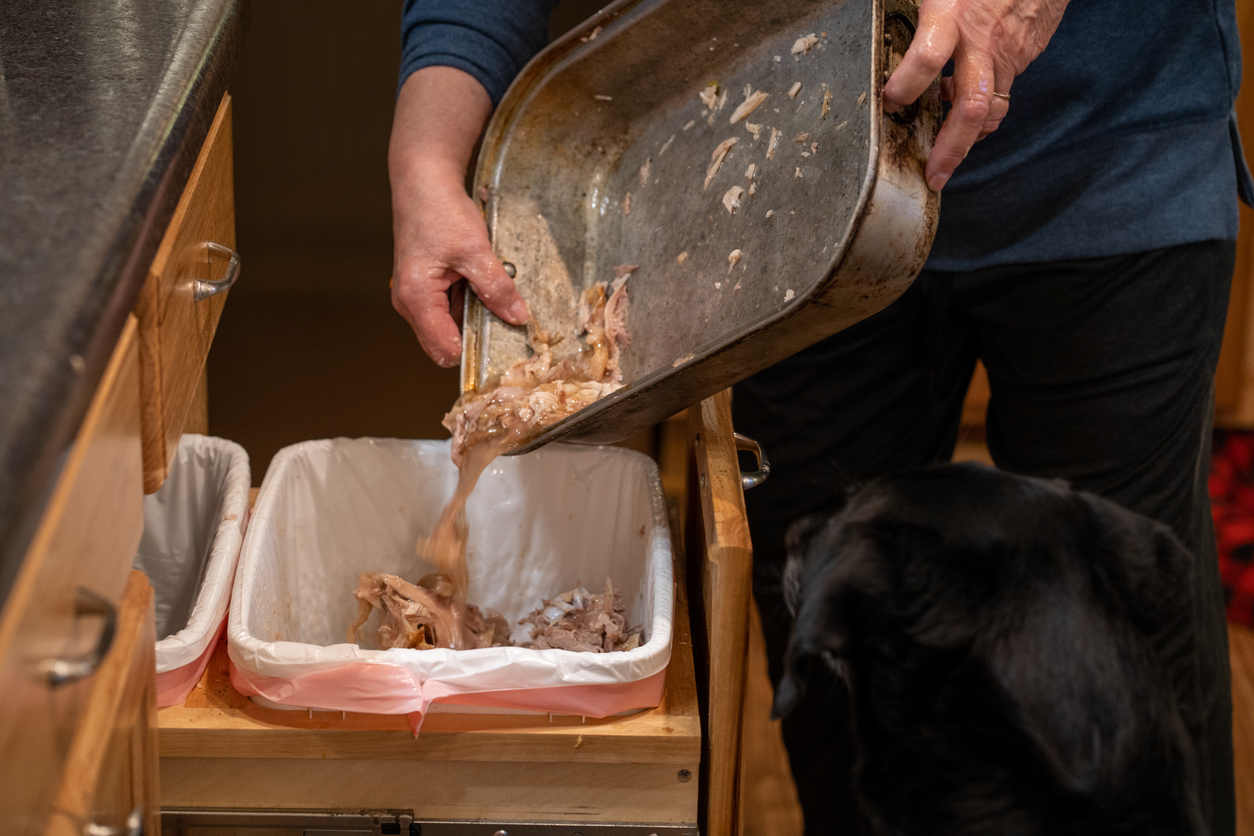Bruce Friedrich: Thanks, Sheila. And thanks Ilya. Yes, as Sheila said, all of us at GFI, both in the United States and all of the affiliates are so excited to have you joining the team. And it does open up a lot of opportunities for me. I’m excited about doing at least three high-level strategic things.
The first one focuses on climate. I want to ensure that all of the climate influencers, the climate thinkers, the climate NGOs, and others leading the climate conversation are aware of the fact that making meat from plants and cultivating meat from cells is a solution to the food and ag climate contribution, which is roughly a third of all climate change. And that’s going to go up.
As we make positive strides in renewable energy and electrification of transport, people will still be eating more and more meat. Unless we solve the problem, the proportion of climate change attributable to industrial animal agriculture is going to go up.
Bruce Friedrich
So I want to make sure that the thought leaders in the climate community—the NGOs, the foundations, and others— appropriately prioritize alternative proteins. There was a spread in the New York Times, maybe six months ago, that excoriated the world for being asleep while the planet burns, shooting all the way back to James Hanson in the 1980s. It was probably 2500 or 3000 words and it didn’t mention land or agriculture. They did print my letter in response—but that wasn’t because the New York Times was ignoring it—it was because it is not appropriately prioritized by the climate community. So a big part of what I want to do is continue the relationship-building that we’ve been doing with groups like Breakthrough Energy, ClimateWorks Foundation, Climate Advisers, and others as well as the work we’re doing with Aim for Climate (Agriculture Innovation Mission for Climate) and U.N. COP global gatherings. Making sure that climate policy, NGO, and foundation communities are leaning into alternative proteins as a scalable way to address food and agriculture’s contribution to climate change and loss of biodiversity.
A second focus for me will be looking deeply at what has worked in renewable energy, what has worked in electrification of transport. GFI’s global battle cry is that governments should be putting resources into both open access research and development, as well as private sector incentives for research, manufacturing, and infrastructure buildout. So I want to do a deep dive into the things that worked and haven’t worked in renewable energy and electrification of transport. To see what we can do to learn from those things and prioritize complementary strategies.
And the third main thing is really looking at and figuring out what it means to move forward in a way that doesn’t leave anybody behind. What are the effective ways to do this in a maximally equitable way? What are the strategies to maximize opportunities for farmers and workers and entire communities? So figuring out proposals around things like carbon farming as a solution for ranchers. What are the policies that we need to develop to make sure that this is a maximally successful way of moving forward, and can scale up alternative proteins at the same time?
And then finally, doing all of this not just in an equitable way, but in a global way. I’m very excited to have GFI organizations in India, Israel, Brazil, and Asia Pacific based out of Singapore. This year, we’ll be expanding into Korea and Japan, looking at how we expand in Europe, and figuring out how to integrate the global battle plan to change how the world makes meat. I’m super excited to be able to do more and more and more of that.
Source link
Author Chelsea Montes de Oca





